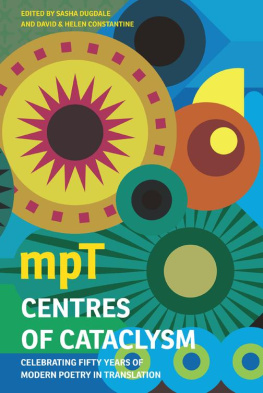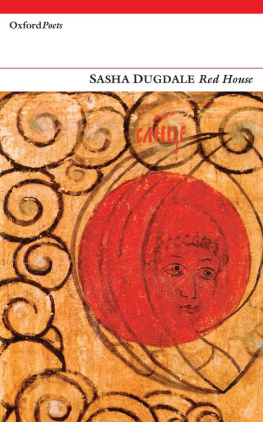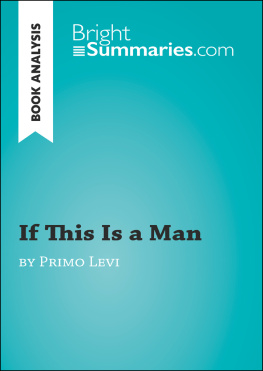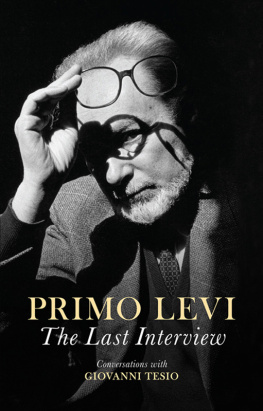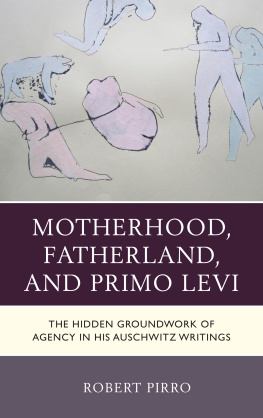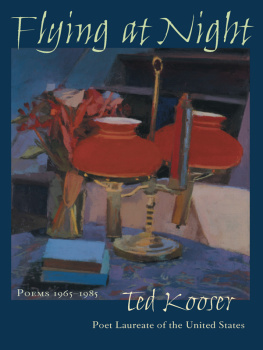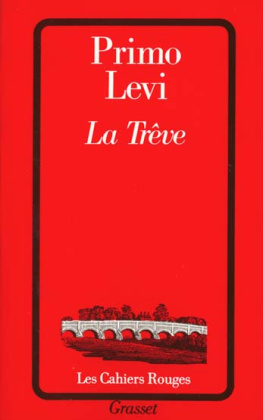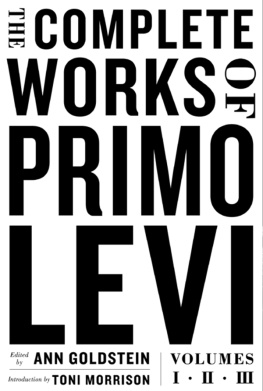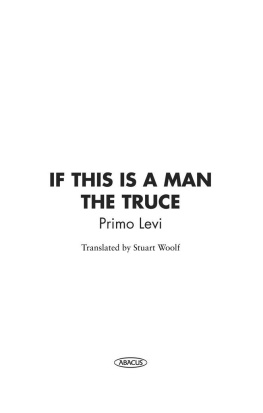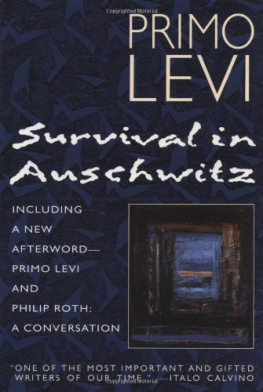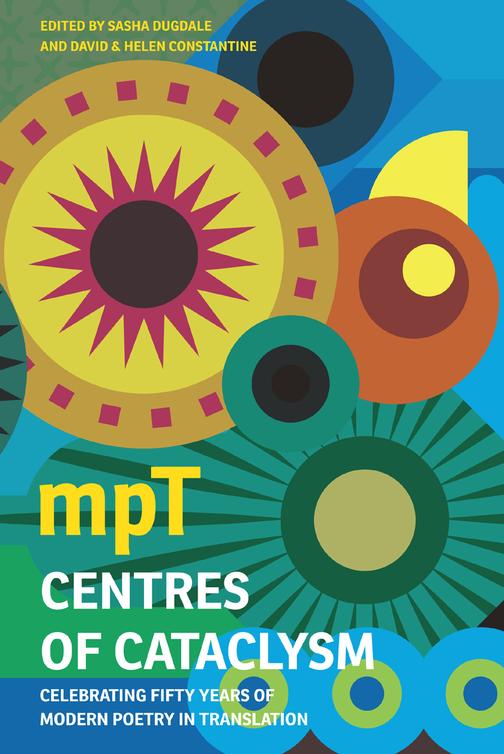
CENTRES OF CATACLYSM
CELEBRATING FIFTY YEARS OF MODERN POETRY IN TRANSLATION
edited by Sasha Dugale and David & Helen Constantine
Centres of Cataclysm celebrates the fifty-year history of Modern Poetry in Translation, one of the worlds most innovative and exciting poetry magazines. Founded in 1965 by Ted Hughes and Daniel Weissbort, MPT has constantly introduced courageous and revolutionary poets of the 20th and 21st century to English-speaking readers. Ted Hughes thought of MPT as an airport for incoming translations from the whole world, across frontiers of space and time. These are poems we cannot do without.
The anthology is not arranged chronologically but, from a variety of perspectives, it addresses half a century of war, oppression, revolution, hope and survival. In so doing, it truthfully says and vigorously defends the human. In among the poems are illuminating letters, essays and notes on the poets, on the world in which they lived and on the enterprise of translating them.
MPT seeks a real diversity of voices: women and men equally, different centuries, countries, races, creeds, languages, cultures, ideas. The very essence of the founding principle was: Your view is not the only one. David & Helen Constantine
The burning heart of cataclysm at the centre of the anthology is drawn out; through translation, migration and exile, it is transplanted into another soil. The word spoken under duress becomes a word of affirmation: a protection and a stating of our own humanity. Sasha Dugdale
MPT is the Fifth International, anyone who wants to change the world and see it changed should join. John Berger
CONTENTS
(Dates in brackets refer to the publication date
in Modern Poetry in Translation)
More than fifty years ago Ted Hughes began thinking about founding a poetry magazine which would publish only translations. The timing was propitious: after what Hughes characterised as a solid wall of dismissal (and derision) in the 50s, a passionate affair with translated poetry was beginning. Hughes began gathering and considering work, and by the time he came to discuss the magazine with his friend and fellow poet Daniel Weissbort he had already amassed material and ideas. Weissborts immediate enthusiasm was a catalyst and the two men set about the practical job of founding the magazine: finding a designer, Richard Hollis; publisher; advertisers; money and subscribers. They chose the austere and functional title Modern Poetry in Translation. There was no need to search out contributors because they came flooding in of their own accord as Hughes later wrote it seemed easier to let the magazine take off than to keep it grounded. The sheer pressure of material forced the issue.
The first issue was published in 1965. Hughes favoured a scrappy-looking aesthetic and in his letters he suggests that the magazine should be published on thin airmail paper and, in a utopian gesture, sent out free to all poets. Holliss broadsheet design, with its columns of poetry set out like broadside ballads, encapsulated the handout spirit of the venture. It was never sent out free to all poets, but it sold for 2s 6d (the same price as Ladybirds How it Works: the Motor Car), had a print run of over a thousand and quickly went into a reprint. Although function was the watchword, the paper is delicate and white and the butterfly-fragility of its pages made this first MPT a thing of great beauty.
The issue published generous selections of the poetry of Yehuda Amichai, Zbigniew Herbert, Miroslav Holub, Ivan V. Lali, Vasko Popa, Czesaw Miosz and Andrei Voznesensky. Some of these poets were already known but most were not, and the magazine stimulated interest and attention in their work. Hughes and Weissbort saw the magazine as an airport for incoming translations and they were determined that the work they published should find a home in the English-speaking landscape, as it mostly did. George Theiners translation of Holubs poem The fly, first published in that issue was later published in an anthology of British poems, Amichai was published in book form soon after, in a venture inspired by MPT, and all the other poets had great recognition in the English-speaking world in the following decades.
All the poets published in the first issue, with the exception of Israeli poet Amichai, were from Eastern Europe, the region at the centre of cataclysm, as the editors described it. By the mid-60s the Cold War was an established fact of European life. The brutal Soviet repression of the Hungarian Uprising in 1956 had shocked the West and made it apparent that Soviet rule cared little for human rights and freedom of speech in the countries of Eastern Europe. It was a troubling time to be a European. The ugly concrete symbolism of the Berlin Wall, built in 1961, was a constant reminder of the un-peace between West and Eastern Europe.
But the poets of the Eastern Bloc were already being translated and read and Hughes and Weissbort felt this poetry to be the most insistent of all the material they had received. They wrote unequivocally: This poetry is more universal than ours. It seemed to them as if the political repression of the East and the urgency of the situation produced poetry that was of a higher order, full of confidence, philosophy and universality; poetry that was psychologically subtle and yet spoke to millions. Seamus Heaney, a few decades later, said much the same thing in his essay The Impact of Translation. He considered that the locus of greatness had shifted to the East and to those poets like Miosz who testified to the efficacy of poetry itself as a necessary and fundamental human act.
With hindsight we may choose to disagree, or perhaps to soften the picture: this poetry was important, but the snapshot was partial and it favoured a few European male voices, a new canon in place of the old. Some of the poets, stripped of context, have fared less critically well in recent times. Even within Poland and Czechoslovakia there was a multitude of different poetic responses, many of which we are still discovering. But Hughes and Weissbort were stating a case in the most urgent terms they had, and it is undoubtedly true that poetry in translation has a beneficial effect on English-language poetry: it is by its very existence more universal than ours because it adds to our partial understanding of what poetry is able to do. Reading translated poetry and translating poetry encourages a poet to extend the elastic potential of language, to inhabit other voices, and the proof of this is immediately manifest in the effect that translation had on Hughess own poetry. Poet and scholar Tara Bergin has written extensively on how Hughess work, particularly the songs of Crow songs with no music whatsoever, as Hughes phrased it owed a great deal to his proximity with the deliberately unadorned poetry of Jnos Pilinszky.
Hughes began the magazine with a particular view of translation. He wrote in a 1967 editorial:
Nevertheless, after our experience as editors of this paper, we feel more strongly than ever that the first ideal is literalness, insofar as the original is what we are curious about. The very oddity and struggling dumbness of a word for word version is what makes our own imagination jump.
We know that this view was Hughess own, as Weissbort (amongst others) recorded Hughess instinct to cleave to literalness in a piece about his translations published in MPT in 2003. Whilst it is important to see this as a stand against the practice of adapting and making versions in the way Lowell did in his

